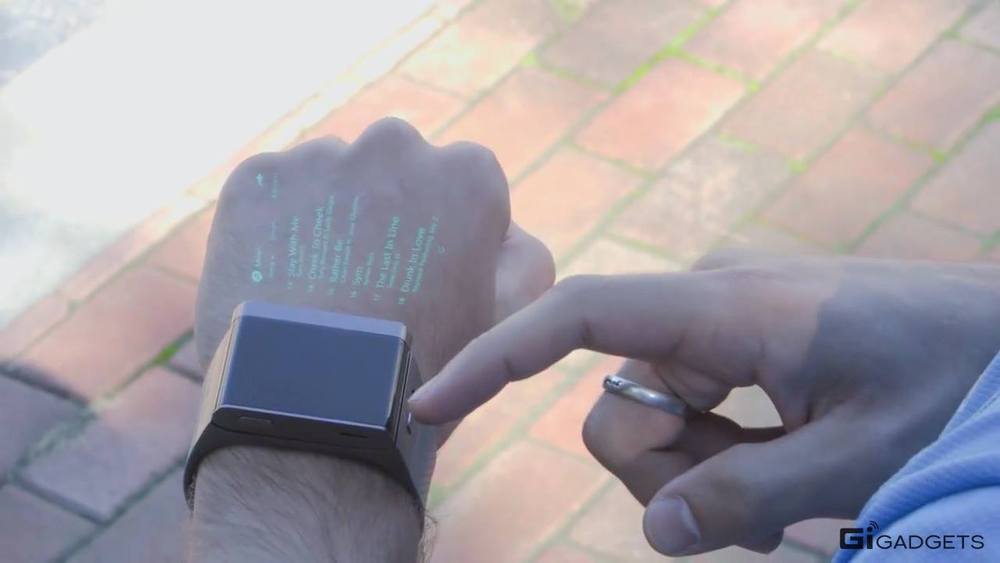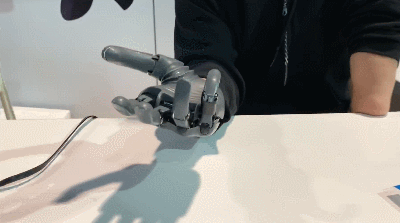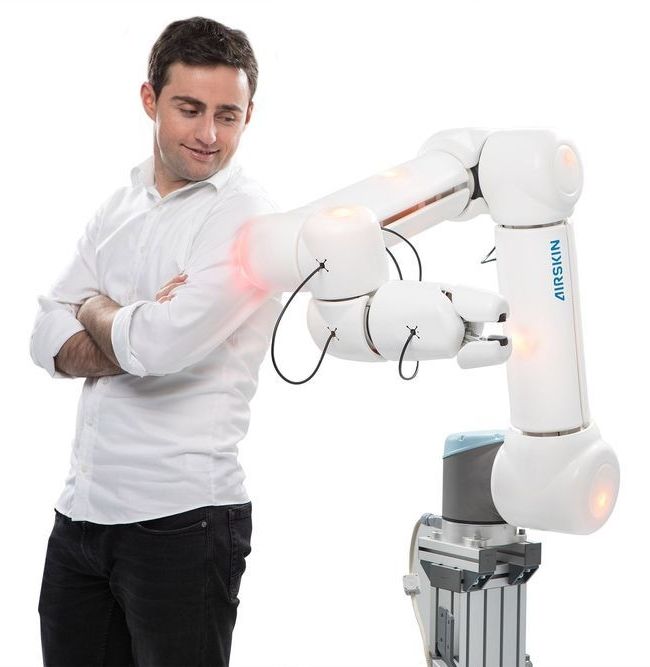Page 8223
Jan 25, 2019
What happens to cognitive diversity when everyone is more WEIRD?
Posted by Xavier Rosseel in categories: biotech/medical, neuroscience
Another peculiar part of the WEIRD toolkit is our fixation on time. We budget it, struggle to save it, agonise over losing it. We count days, hours and seconds. We are always oriented to exactly where we are on the long arrow of history. In the United States, for example, when doctors screen patients for cognitive impairment, one of the first questions they ask is the year, month and date.
How the world became cognitively samey: the scientific, humanistic and ethical implications of global WEIRDing.
Jan 25, 2019
Vajrayana Buddhism: Preparation for the Posthuman?
Posted by Steve Nichols in categories: futurism, space
The Vajra (thunderbolt) tradition goes back at least to Amen of the Egyptian Old Kingdom. It passes on through thunderbolt-wielding Zeus/ Jupiter; and is also found in India and Tibet in the Vajrayana (Tantra) tradition. Tantra entails the study of all relevant traditions to determine the best. It contradicts neither science or religion. This C19th Tibetan tsakli is from a group of five Vajragarudas. Several ancient Egyptian emblems that survive in tsakli are given in Hypermodern Magick/ Khemetic Chess (Vol 2 of 3, Mandrake of Oxford series). This type of Buddhism seems particularly suitable for radical futurists.
Jan 25, 2019
China Starts “Debt Shaming”: New App Warns Users If They Are Walking Near Someone In Debt
Posted by Steve Nichols in category: futurism
https://paper.li/e-1437691924#/
Whether the app reveals the debtors’ names or photos is unknown, nor does China Daily mention how much money is owed or to whom — but according to paper the app allows people to “whistle-blow on debtors capable of paying their debts.”
“It’s a part of our measures to enforce our rulings and create a socially credible environment,” said a spokesman for the Higher People’s Court of Hebei — which is behind the app.
Jan 25, 2019
Engineering CRISPR-Cas9 RNA–Protein Complexes for Improved Function and Delivery
Posted by James Christian Smith in categories: biotech/medical, engineering
Jan 25, 2019
Here’s what everyone will be talking about at Davos in 2020 and beyond
Posted by Derick Lee in categories: economics, information science
The theme for this year’s gathering is Globalization 4.0 – how we’re handling the changes wrought on the world by the increasing interconnectedness of cultures and economies.
We must also reckon with the future. Digitization, Big Data, and the migration of IT services to the cloud are driving change now but we’re also starting to see the opportunities that will lead to Globalization 5.0.
These are the themes that will dominate the Davos gatherings of the future, says General Atlantic’s Bill Ford.
Continue reading “Here’s what everyone will be talking about at Davos in 2020 and beyond” »
Jan 25, 2019
BrainRobotics’ EMG Controlled Prosthetic Hand
Posted by James Christian Smith in categories: biotech/medical, cyborgs, information science, robotics/AI
Here is another advanced prosthetic device that can make life easier for amputees. BrainRobotics’ EMG Prosthetic Hand features a modular mechanical design. It comes with 8 signal detection channels for precise EMG readings. An advanced machine learning algorithm is used to allow users to intuitively control this robotic prosthesis.
More like this ➡️ here.
Blue Danube Robotics focuses on safe human robot collaboration in mass production. The Austrian company produces state of the art safety solutions for robots, cobots and End-of-Arm-Tooling (EOAT). These safety solutions make robots safe for humans and thus efficient for enterprises.
Jan 24, 2019
GIGadgetsVideosASU Projection Wearable
Posted by Shailesh Prasad in category: wearables

ASU Smartwatch is not only a wearable gadget, but a projection puts the “screen” on back of the hand, walls, or desktop etc.
Jan 24, 2019
New Hubble view is ‘deepest image of the universe from space’
Posted by Michael Lance in category: space
The space telescope run by NASA and ESA once again delivers a wondrous look at the cosmos.
- by
-
Amanda Kooser
















